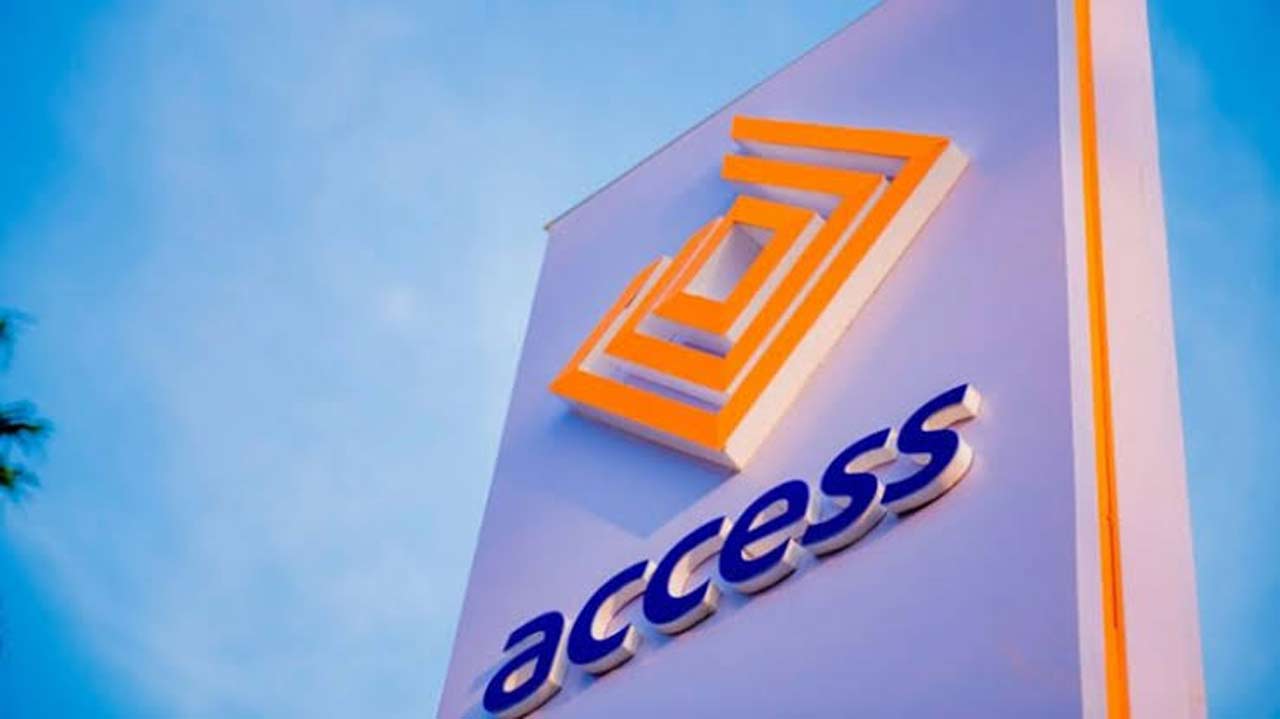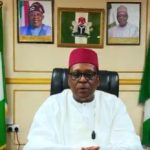Informal Power Spending Soars
In 2023 alone, Nigerians spent N16.5 trillion on diesel, petrol, and generators to meet their electricity needs.
This figure dwarfs the N1 trillion revenue generated by the formal power sector, which includes electricity generation, transmission, and distribution companies.
Join our WhatsApp ChannelThe announcement was made by the Minister of Power, Adebayo Adelabu, at the ongoing 2024 Nigeria Oil and Gas conference in Abuja.
“If you know how much our people spend buying diesel, petrol, generators, and servicing them in a year; the last study we had in 2023, a total of N16.5tn was spent on this in self (power) generation,” said Adelabu. “Even a number of the industries are off the grid. They now have their captive power between their environments with gas-powered generators.”
Formal Sector Lags Behind
The contrast between the formal and informal sectors is alarming. Adelabu, according to Prime Business Africa, highlighted that the total revenue for the formal power sector was just N1 trillion for 2023. He pointed out that even a fraction of the informal spending, if redirected, could significantly boost the formal sector’s revenue and improve electricity supply nationwide.
“Spending in this sector out of the grid is close to N20tn. And let me blow your mind, the revenue for the entire industry, the grid, I mean the formal power sector was just N1tn for 2023,” he stated. “If even a quarter of that is put in the official power sector, we are talking about incremental revenue of N5tn that will bring the sector’s revenue to N6tn. We could achieve close to uninterrupted 24/7 power supply in Nigeria.”
Government Efforts and Consumer Trust
Adelabu emphasised the government’s efforts to restore consumer trust in the national grid. He argued that electricity from the grid is cheaper than self-generated power.
“That is what we are working on to ensure that that trust is back, that that confidence is back. And all the manufacturing companies that are doing self-generation can cut it off and reconnect to the national grid because it is the cheapest source.”
READ ALSO: Nigerian Govt Halts Bidding For 5 Oil Blocks Over Litigation
Cost Comparison
The minister provided a cost comparison to illustrate his point. Band A customers, who enjoy uninterrupted supply, pay N206 per kilowatt-hour.
In contrast, companies using gas for captive power pay about N290/kwh, those using petrol generators pay around N450/kwh, and diesel-powered generators cost upwards of N900/kwh.
“For those using petrol generators, it is about N450 per kilowatt-hour. And for those using diesel to power their generators, it is upward of N900. So it is still the cheapest, most efficient and the least cost for our productive activities,” Adelabu added.
Investment in Gas Development
Adelabu also addressed the need for increased investment in Nigeria’s gas development to support the power sector. “I am here to advocate for increased investment in Nigeria’s gas development to unlock the full potential of our power sector and achieve the Nigeria Energy Transition Plan,” he stated.
The power sector in Nigeria consumes the largest share of the country’s domestic gas supply, accounting for approximately 60 percent of the total.
Future Plans and Calls for Investment
Looking forward, Adelabu outlined ambitious plans under the Nigeria Energy Transition Plan vision 30:30, which aims to achieve 30GW of power by 2030. This includes a mix of 70 percent thermal (mostly gas) and 30 percent renewable sources. To meet these targets, the power sector would need over five times its current gas consumption.
“To achieve our 70 percent thermal energy target with gas-powered generation, additional investments would be needed to increase the country’s gas production,” Adelabu urged. He called on investors to consider investing in Nigeria’s abundant non-associated gas reserves.
Government Commitment
In a bid to ensure the power sector’s viability, the government has introduced a cost-reflective tariff and resolved legacy debts to generation and gas companies. “The government recently introduced a cost-reflective tariff for the sector’s most served grid-tied customer segment,” Adelabu noted. “We are convinced that the industry is investment-ready.”
The Nigerian government is keen to create a sustainable and bankable power sector for Nigerians, encouraging both domestic and foreign investments to bridge the current gaps and achieve a reliable power supply for all.
Emmanuel Ochayi is a journalist. He is a graduate of the University of Lagos, School of first choice and the nations pride. Emmanuel is keen on exploring writing angles in different areas, including Business, climate change, politics, Education, and others.



















Follow Us